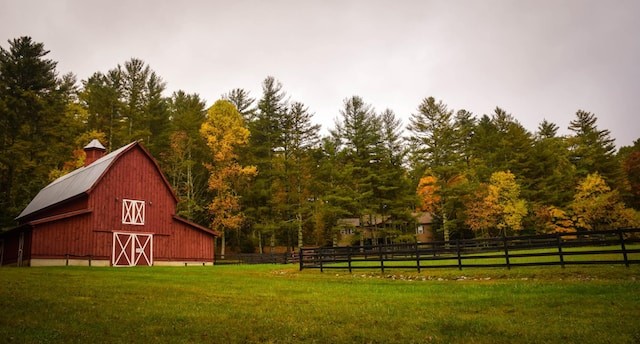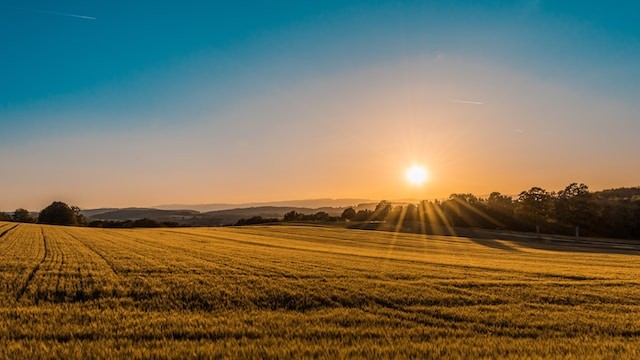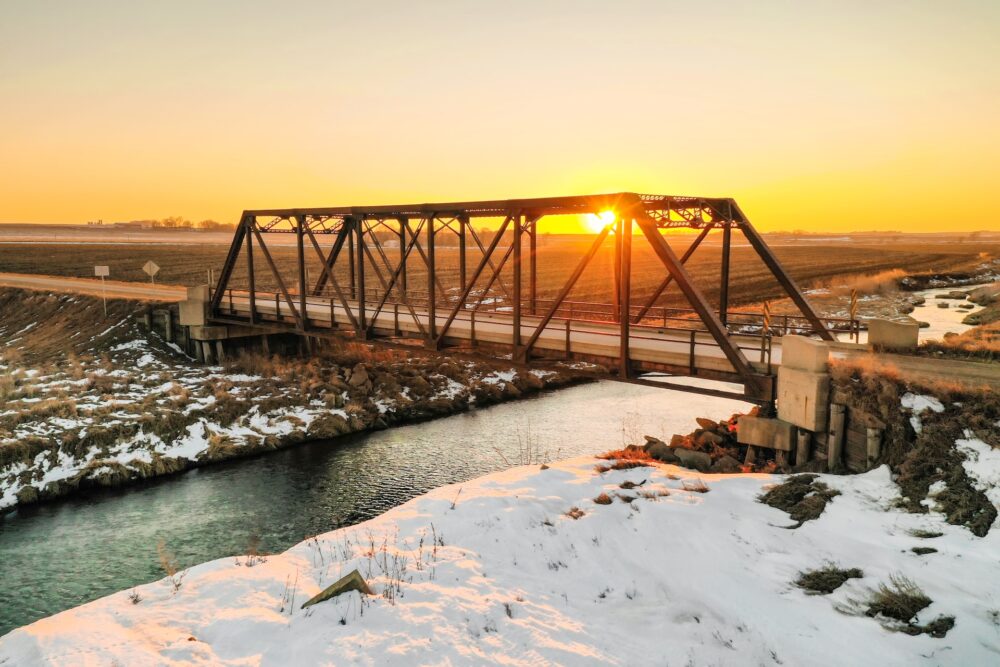Investing in Iowa land is an excellent way to diversify your investment portfolio. It’s also a great strategy for saving for retirement.
Land values don’t move as stocks do, and they offer a more stable investment option. After taxes and management fees, the yearly return on land is a healthy 4.5%.
The Basics
Farmland prices have soared in recent years thanks to strong commodity prices. The price hikes have made it difficult for beginning and smaller farmers to enter the farming industry.
But does investing in land make sense? The answer depends on several factors. First, ownership costs are associated with owning land that isn’t associated with stocks: real estate taxes, management fees, and insurance. These should be subtracted from the return to determine if land offers a better return than stocks. Also, timing is crucial. Land prices tend to increase over time but then decline after a peak.

Legal Issues
Many states have laws that prevent foreign ownership of farmland, and new restrictions are working their way through legislatures across the country. For example, Iowa has two House bills prohibiting Chinese farmland ownership. In addition, some buyers avoid revealing their real names and buy land through trusts and other subsidiaries to hide the fact that they are investing in the property.
Compared to the stock market, this analysis shows that investing $1,000 in the land has returned more than twice as much as that investment in the stock market. However, this does not account for the additional costs of owning land, such as real estate taxes, management fees, and insurance.
Investors are also forming partnerships to acquire and repurpose farmland for conservation purposes.
Taxes
Many financial advisors recommend land investments to clients to diversify their portfolios. Land does not typically drop with the stock market, providing a safety net against market downturns.
However, investment in land can have its pitfalls. For instance, it can be challenging to determine the property’s market value, as opposed to developed real estate, which is comparatively more straightforward. It is vital to find a knowledgeable Iowa Land Company that can provide you with an appraisal of the land.
Also, Iowa taxes capital gains at the same rate as ordinary income. It may affect your return on investment compared to states with lower top marginal tax rates. Some out-of-state investors, including professional athletes and billionaires, have purchased farmland in the state.
Insurance
Iowa land’s value is determined by its income – primarily from its return on corn and soybeans. The returns are subject to many factors over the next few years, including oil and ethanol prices, economic recovery, alternative biomass sources, crop yields, and production costs.
The price of farmland is a primary concern for farmers and investors alike. It has risen almost 330 percent since 2000, with reasonable commodity prices (until recently) driving the market.

Investing in Iowa land can be lucrative, but there are a few red flags that investors should watch out for. These include a lack of an appraisal, a neighboring property with a non-permitted use, and other issues that could negatively affect the value of the investment.
Management
If you’re considering investing in Iowa land, it pays to do your homework. That includes physically visiting the property or hiring a representative to do so. Red flags to look out for include unpermitted use of the land and environmental concerns.
Based on the USDA’s June area survey data, investing $1,000 in the stock market yields a greater return than a similar investment in farmland. However, land has a few additional costs associated with ownership that the stock market does not:
Non-operator landlords’ annual ownership expenses include maintenance and interest, which should be factored into comparing investments in farmland and stocks. In addition, an investor in farmland will likely need to hire a professional manager for the land.

